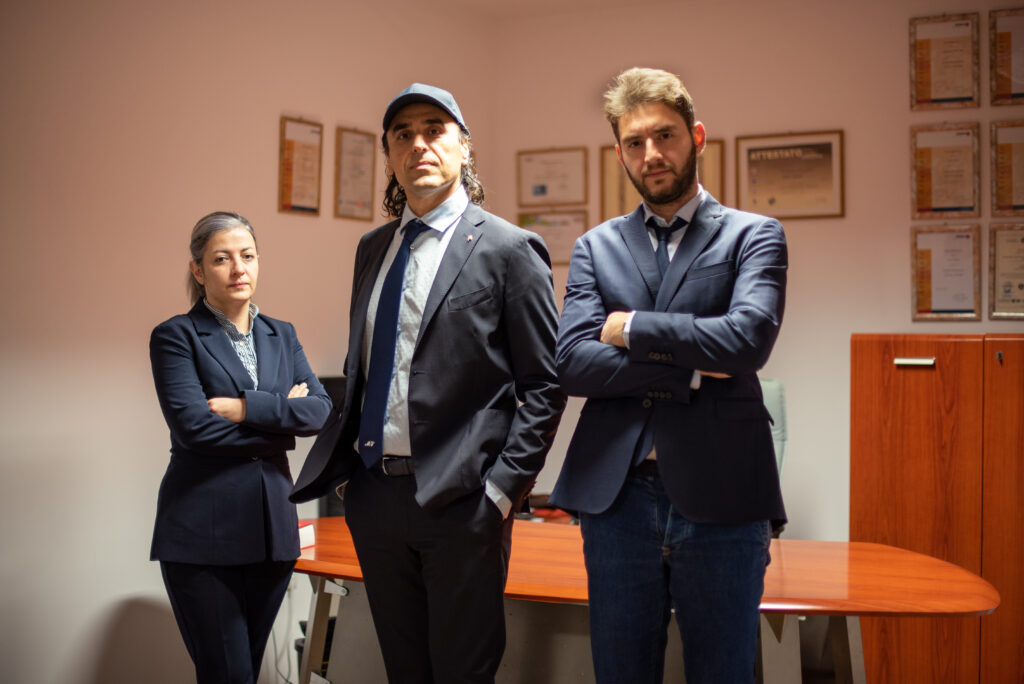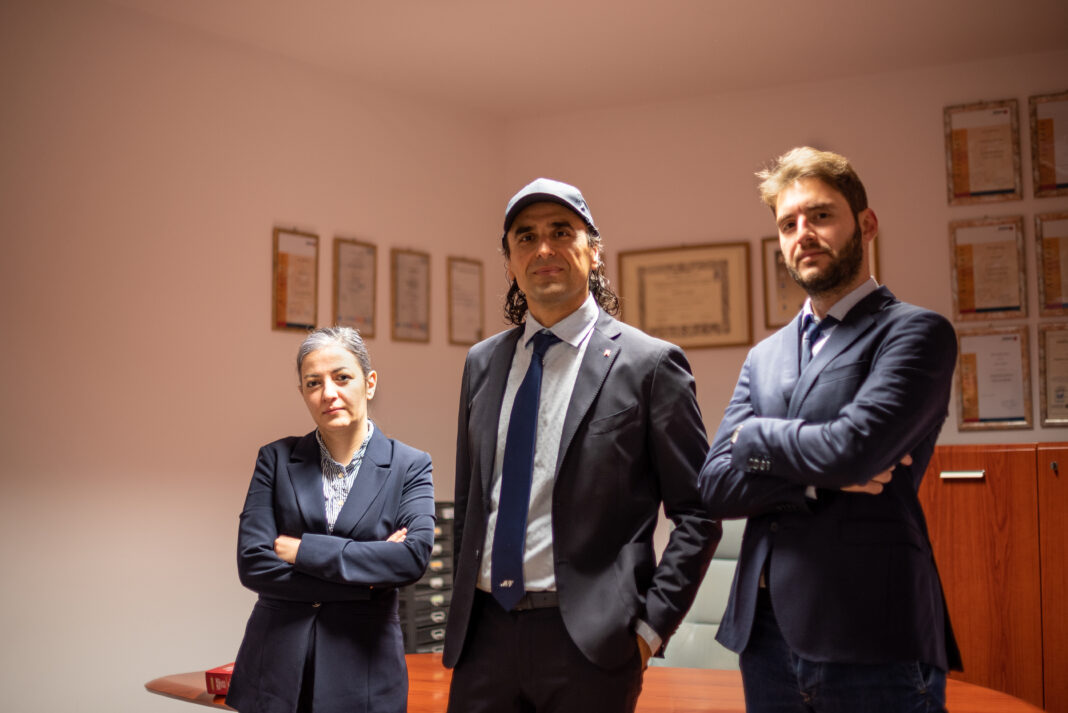In one year, Italy has climbed ten places in Transparency International’s rankings: according to the data of the Corruption Perception Index 2021, our country is in 42nd place out of a ranking of 180 countries. The previous year it occupied 52nd place. “This improvement is undoubtedly due to the growing attention devoted to the problem of corruption in the last decade and is also the result of the work carried out by numerous private sector organisations in promoting the values of transparency, anti-corruption and integrity, voluntarily choosing to be certified ISO 37001 ‘Management System for the Prevention of Corruption'” says Manolo Valori, Technical Director of CVI Italia, the Italian branch of the Slovakian group CVI SRO, one of the most important realities in the field of voluntary certification with international accreditation, in this long interview.
by Roberta Imbimbo
Dr. Valori, what is the Corruption Perception Index?
The Corruption Perception Index (CPI) is a statistical indicator published annually by Transparency International. The index, which ranges from 0 (for most corrupt countries) to 100 (for least corrupt countries), is based on 13 surveys of industry experts and business representatives conducted by various institutions (e.g. the World Bank) and aims to measure the degree of perceived corruption. The survey methodology obviously changes every year in order to provide an increasingly reliable cross-section of local realities.
What does the latest published report highlight?
Transparency International recently published the report containing the 2021 results, which show that Italy (which scored 56 out of 100) is continuing on its path of improvement in terms of perceived corruption, although the gap with the most virtuous countries is still wide. Our country has gained a good 10 positions compared to the 2020 ranking, settling in 42nd place out of 180 countries in the world (17th place out of the 27 EU countries) and a good 14 positions since 2012, the year in which Law 190 on preventing and repressing corruption in public administration came into force. Nevertheless, there are still some knots to be unravelled on the anti-corruption and transparency front: the delay in the transposition of European Directive 2019/1937 on the subject of whistleblowing, the deadline for which expired in December 2021 and which would make it possible to complete the discipline contained in Law 179/2017; the publication of the register of beneficial owners (trusts) and the legislative process for the regulation of lobbying.
The progress made in recent years is also the result of the work done by numerous private sector organisations in promoting the values of transparency, anti-corruption and integrity. In recent years, in fact, there has been an increasing spread of ISO 37001 certified Organisations ‘Management System for the Prevention of Corruption’, a sign of responsibility and sensitivity to the issue on the part of Italian companies. Can you tell us about it?
The improvement recorded can certainly also be attributed to the adoption by private sector organisations of the ISO 37001:2016 Management System for the Prevention of Corruption. This standard (called the Anti-bribery Management System) was structured with the specific intention of helping Organisations to combat different forms of corruption and to promote an ethical business culture. For the organisation, whether private or public, having established an anti-bribery management system is in fact already a first effective way to reduce the risk of corruption and, consequently, the exposure to liability in terms of the application of the sanctions provided for by Legislative Decree 231/2001.

Specifically, what advantages does this certification offer?
Certification according to ISO 37001 allows public and private entities that have decided to implement an organisational system aimed at preventing and combating corruption, to obtain verification and validation by an independent and internationally recognised body, providing evidence of their ethical choice. The advantages are therefore manifold. The possibility of claiming, in the event of an offence, that one’s organisation has inspired its business model to prevent offences on the basis of an internationally recognised ‘Best Practice’ standard. In this way, directors will be able to prove that they have adopted an organisational model for the prevention of corruption, and will also be able to benefit from a mitigating effect of the sanctions provided for in Legislative Decree 231/2001. On the subject of public procurement, ISO 37001 certification will facilitate the acquisition of the Legality Rating by the Competition and Market Authority. It will also facilitate the acquisition of the Company Rating by the National Anticorruption Authority. With regard to the competitiveness of Organisations, ISO 37001 Certification will increasingly become a distinctive element not only of an ‘ethical’ type, but also of a ‘substantial’ type (compliance with the ISO 37001 standard will, for example, become a necessary requirement to participate in public tenders). In short, this is a very important certification that certainly contributes to the spread of a culture of legality, brings benefits in terms of asset protection, competitiveness and legality rating.
This certification is therefore a real opportunity for companies (to be pursued freely and voluntarily) to operate under the banner of legality and transparency. Why is it essential in this sector to turn to experienced professionals to obtain certification?
Because it is important to map all business processes, to verify that a given company’s operations actually comply with mandatory anti-corruption regulations, which are an integral part of that social, environmental and governance sustainability – commonly known as ESG – that is becoming an imperative for a growing number of companies, worldwide and in Italy. In this operating context, in which it is essential to prevent, detect and resolve any corrupt actions carried out by employees, representatives or directors of companies, CVI Italia is a very important point of reference, being able to appropriately support companies in operating under the banner of legality and transparency, also favouring the adoption of appropriate governance and control measures.























































